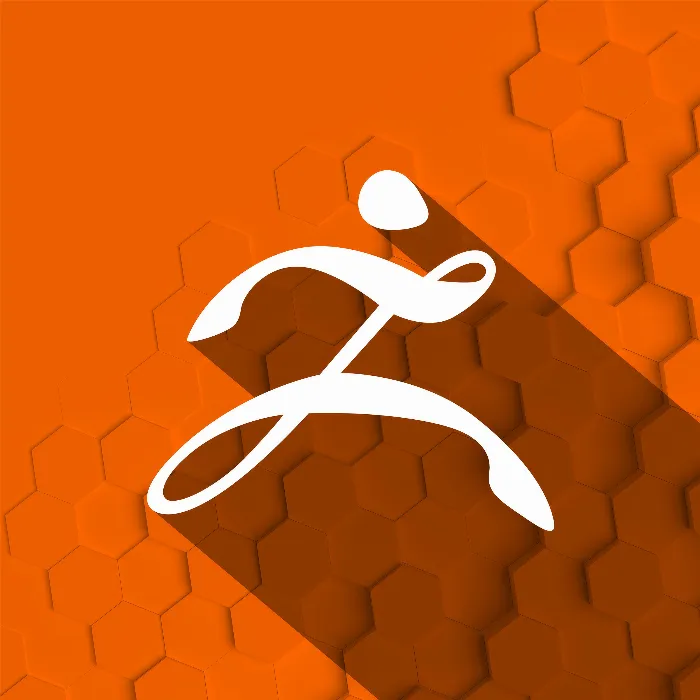With the introduction of Vector Displacement Meshes (VDM) in ZBrush 2018, you have the opportunity to quickly and flexibly implement your creative ideas. In this guide, you will learn how to create and organize your own VDM brushes to enhance your workflow efficiency. The process is simple and fun – let’s get started!
Key Insights
- To create VDMs, you need a suitable mesh with sufficient resolution.
- The right perspective is crucial to achieve clean results.
- You can save and organize your own brushes for efficient use later.
Step-by-Step Guide
Start by preparing your mesh. You need a mesh at a suitable resolution. In the project folder, under "General," you will find various resolutions. Choose the 1024 resolution as it provides the best details. Ensure that your mesh contains enough polygons, as too low a polygon count can lead to distortions.

Now turn off perspective so you can utilize your workspace optimally. It is important that the edges of your mesh are not edited, as this can lead to unsightly edges when you add new details. To avoid this, hold down the control key and aim at the edge areas.

To start sculpting, select the standard brush "ClayBuildup". Note that you cannot use sculpt or dynamesh modes to create VDMs, and you should focus on the polygon count to avoid strong distortions.

The more detailed and specific you want your mesh to be, the more work you’ll have to invest. We want to ensure that there are some overhangs that give your work dimension. Select the "Move Brush" from the brush menu (Brush) and pull the polygons to the desired locations to create interesting shapes.

If you are satisfied with your sculpt but want to remove a part, go to "Deformation" and use the "Morphed Grid" function. Slide the slider all the way to the right to undo the changes.

Now comes the step where you convert your mesh into a brush. To do this, go to the brush menu and select the option to convert your current mesh into a new brush. Make sure the view is optimal to achieve the best results. You should look directly down at your mesh while holding down the Shift key.

With the "From Mesh" option, you can now create your brush. Note that it is important not to touch the edge area to avoid unsightly edges. You now have a new brush based on your original mesh.

To organize your brushes, it is advisable to save them in a special folder. Click on "Clone" in the brush menu to create a copy of your brush. This gives you the freedom to further edit your brushes without losing the original. Only select the desired elements to integrate into your new brush.

If you find the view not optimal after editing the brushes, you can dissolve the masking and adjust the changes. Import your brushes into the brush presets by clicking "Save As". This makes it easier to reuse your brushes and secures them when you use "Reset All Brushes".

In the next video, I will show you further steps, particularly how to optimally utilize your VDMs to avoid distortions and achieve the best detail level.
Summary – Create and Organize Your Own VDMs in ZBrush 2018
In this guide, you have learned how to create and efficiently organize your own VDM brushes in ZBrush 2018. You have discovered how essential the right resolution and perspective are to achieve the best results.
Frequently Asked Questions
How do I create a Vector Displacement Mesh in ZBrush?To create a VDM, start with a suitable mesh and use the right resolution (optimal is 1024).
How can I avoid distortions when sculpting?Use enough polygons and do not edit the edges of your mesh.
How do I save my own brushes in ZBrush?Go to "Brush" and select "Clone" to create a copy of your brush, and save it in the brush presets.
What perspective is ideal for creating VDMs?The optimal perspective is from above, while holding down the Shift key.


